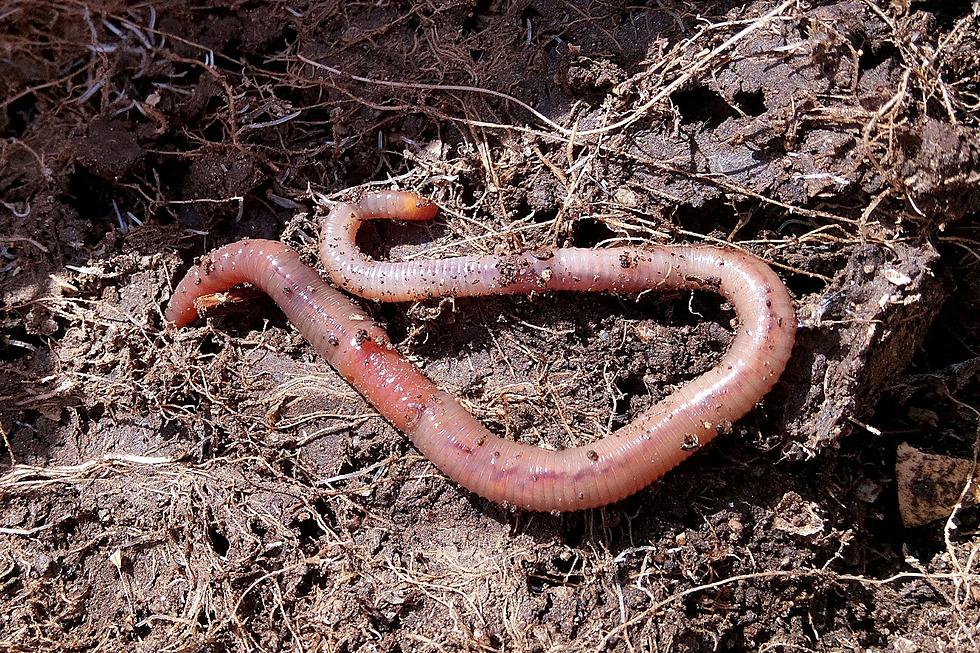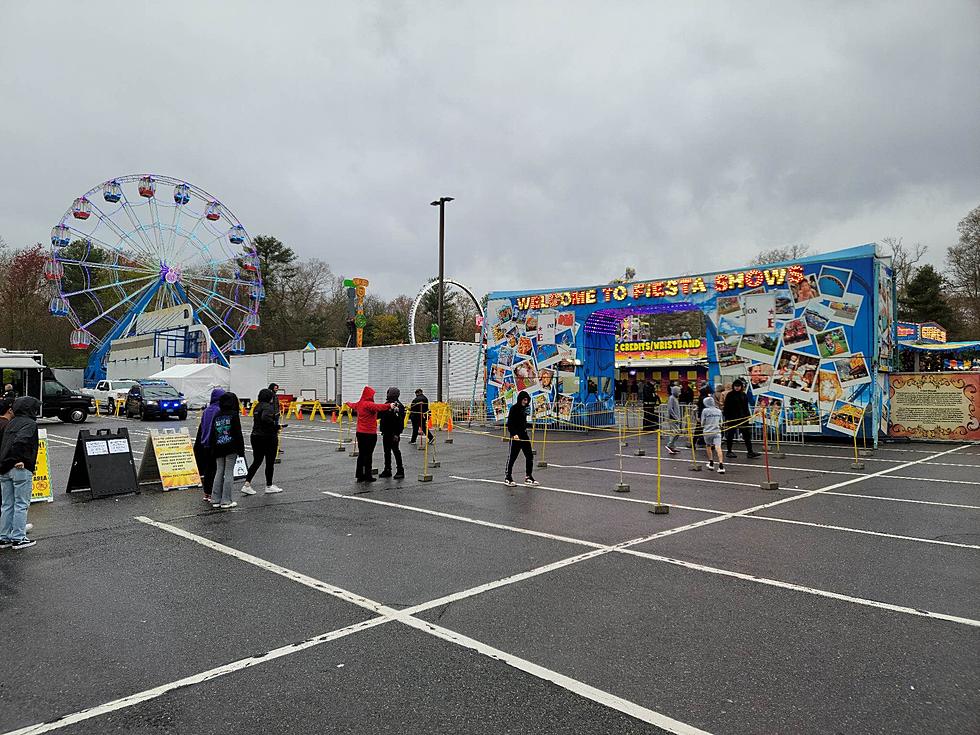
Massachusetts Gardeners Beware of Aggressive ‘Crazy’ Worms
Crazy worm, Jumping worm, and Snake worm are names associated with species of invasive worms found in Massachusetts forests and gardens.
Because you didn't have enough to worry about already, someone cue the crazy worms!
The Western Massachusetts Master Gardner Association says the worms -- Amynthas agrestis, Amynthas tokioensis, and Metaphire hilgendorfi -- are aggressive eaters "that devour the organic matter on the top of the soil in forests and gardens, even the 'death strip' at the side of roadways, leaving the soil granular looking and dry."
The association says the worm's "rapid digestion means that they are leaving behind a large portion of casting, the nutrient-rich 'poop' from worms." This extra fertilization occurs in the late summer and fall when a plant "needs to slow down any growth in preparation for the cold season."
This is harmful to plant life.
UMass Amherst's Center for Agriculture, Food and the Environment says the worms will "thrash violently when disturbed and are often found in large groups of individuals."
The center says the worms "do not burrow deep into the soil and are typically found on the soil surface in debris or leaf litter."
UMass says the last glacial period is thought to have eliminated most native earthworm species in the northern United States and Canada. The association says, "The glaciers that scrapped away our top soil also took away the native earthworms."
The earthworm species in New England today can be traced back to the European settlers. The above-mentioned invasive species are from Asia and Africa.
The association says the best way to stop the spread of these invasive earthworms is to "stop sharing our plants with one another."
Beware of Creepy Crawly Asian Jumping Worms...
These Common Plants Are Illegal in Massachusetts
Gallery Credit: Kate Robinson
These 50 US Cities are Crawling with Bed Bugs
Gallery Credit: Scott Clow
More From WBSM-AM/AM 1420
![Amazing New World Record B.A.S.E. Jump [VIDEOS]](http://townsquare.media/site/518/files/2014/05/Burj-Khalifa-485240609-Credit-Warren-Little-Getty-Images.jpg?w=980&q=75)








